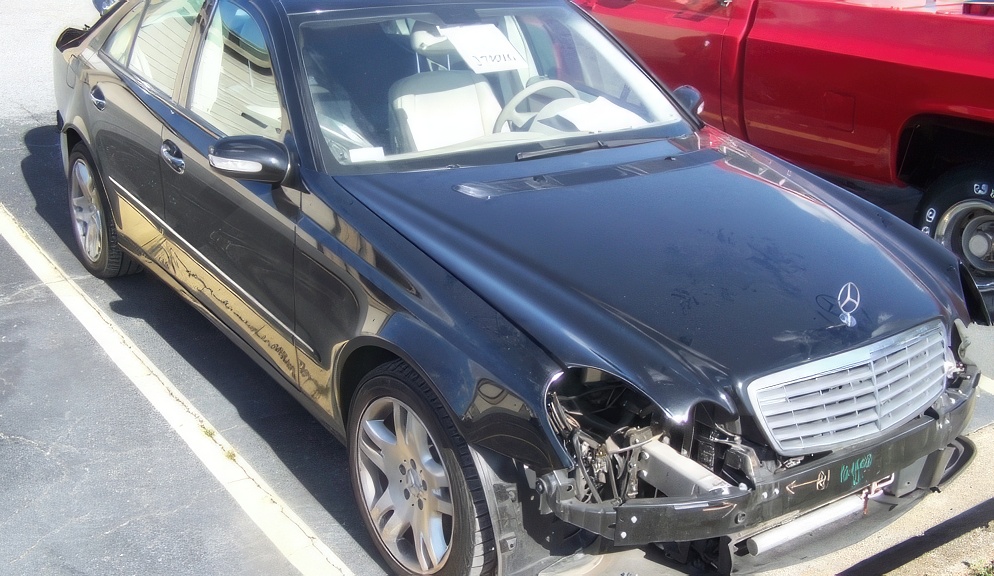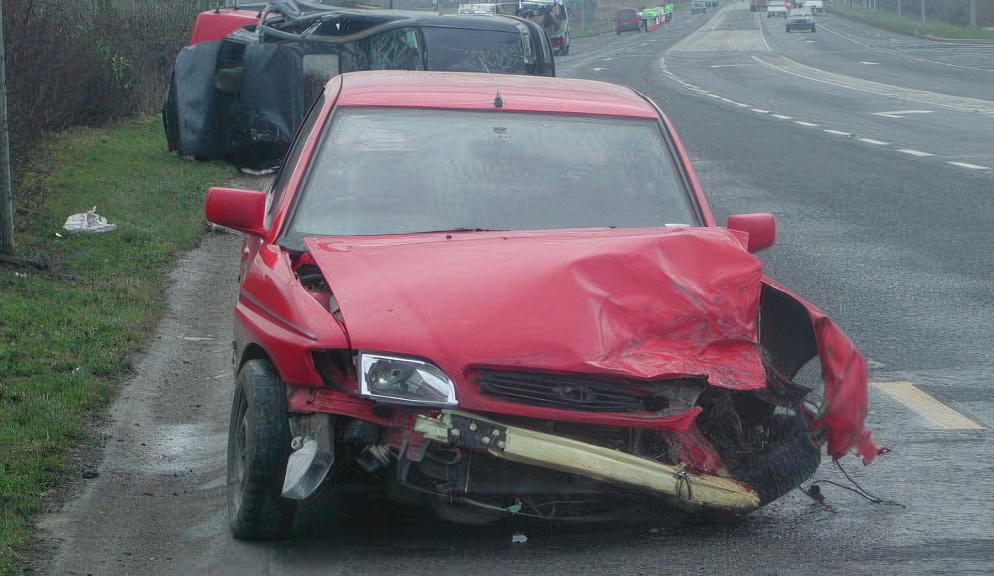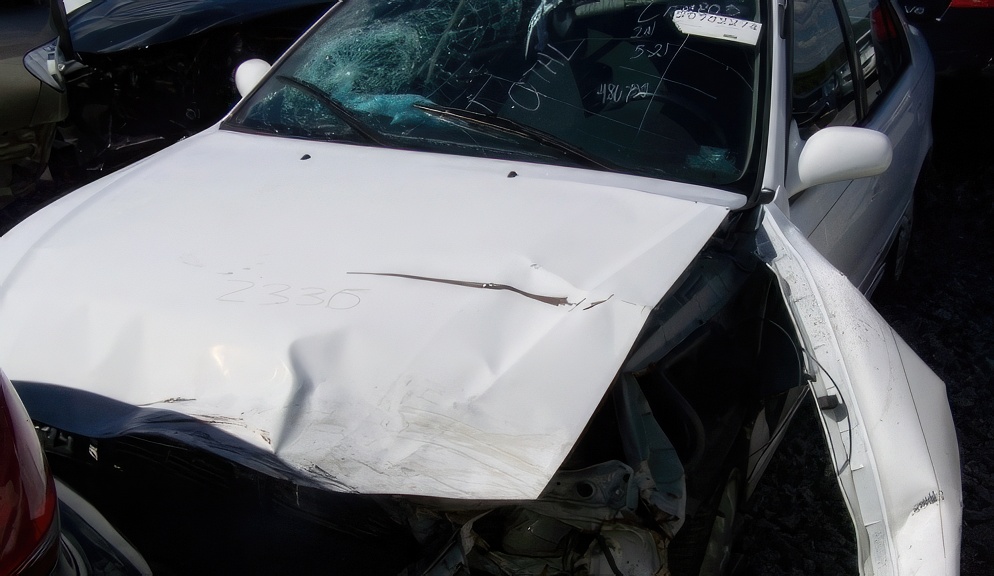
Category: Financial Advice
-

How much value does a car lose after being in an accident?
After a car accident, a vehicle’s value invariably decreases, an effect known as diminished value. This depreciation, akin to a sudden drop in stock prices, results from the stigma attached to a vehicle with a history of damage, impacting both dealer and private buyer perceptions. For instance, a car valued at $20,000 might see its…
-

Can I Write Off Diminished Value on Taxes?
Understanding whether you can write off diminished value on your taxes involves navigating complex tax laws and IRS guidelines. Diminished value, the loss in a vehicle’s market value resulting from an accident, raises questions about its tax deductibility. Generally, personal property losses due to theft or casualty, including car accidents, can qualify for a tax…
-

How to Sue For Diminished Value
Suing for diminished value after a vehicle accident involves assessing eligibility, gathering evidence, and navigating the legal process. It’s crucial to understand the laws in your jurisdiction and to consult with a legal professional to determine if your case is eligible. Collecting solid evidence, including the accident report, repair records, and a professional appraisal of…
-

What is The Difference Between Depreciation and Diminished Value?
Understanding and distinguishing between depreciation and diminished value is crucial for car owners. Depreciation is the inevitable, gradual reduction in a vehicle’s value due to factors like age, wear, and mileage. In contrast, diminished value is a sudden drop in a car’s value resulting from specific events like accidents or damage. While depreciation is a…
-

Who Pays Diminished Value?
When a car is damaged in an accident, its market value often decreases, even after repairs, a situation known as diminished value. Generally, the insurance company of the at-fault party is responsible for compensating this loss. However, in no-fault states, claiming diminished value can be challenging, requiring solid evidence like repair invoices and a professional…
-

Can You Ask For More Money When Your Car is Totaled?
This article provides guidance on handling insurance claims for a totaled vehicle, emphasizing the importance of understanding the insurance process and effectively negotiating for a fair settlement. It stresses the significance of researching your car’s value independently, using resources like Kelley Blue Book and local dealership prices. The article advises on preparing solid evidence and…
-

Finding the Right Attorney for Your Diminished Value Claim: Tips and Tricks
This guide focuses on selecting an ideal legal professional for navigating the complexities of diminished value claims, crucial post-vehicle accidents. It emphasizes the need for an attorney with specialized knowledge in insurance law and a track record of successful negotiations. The article highlights the importance of choosing an attorney with specific experience in diminished value…
-

What is the formula for diminished value claim?
After a vehicle accident, diminished value claims provide financial compensation for the car’s decreased value post-repair. The most common formula used for calculating this is the 17c method, derived from a Georgia court case. It starts by capping the car’s diminished value at 10% of its pre-accident value, then adjusts it further based on damage…
-

How Long to File Diminished Value Claim
When dealing with a diminished value claim after a vehicle accident, it’s crucial to understand the statute of limitations, which varies by state. This legal time frame dictates how long you have to initiate legal proceedings and can range from two to five years, starting from the accident date. Additionally, your insurance policy may have…
-

How do You Negotiate a Diminished Value Claim?
Negotiating a diminished value claim successfully begins with thorough preparation, including a professional appraisal of your vehicle and collecting all relevant documentation like repair bills and the accident report. Understanding your insurance policy in detail is crucial. Initiate the claim with a clear presentation of your case, backed by your appraisal and supporting documents. Be…
Recent News
Categories
- Auto Industry Insights (36)
- Business (1)
- Car Ownership Tips (9)
- caw ownership tips (8)
- Claims Process (2)
- Consumer Rights (2)
- Diminished Value (37)
- Financial Advice (29)
- Financial Analysis (5)
- gal aspects (8)
- Insurance Claims (15)
- Legal Aspects (14)
- Legal Rights (5)
- lemon law (8)
- Understanding Depreciation (25)
- Vehicle Appraisal (34)
- Vehicle Condition Matters (24)
- Vehicle Negotiations (9)
- Vehicle Repair (1)

Learn More About Black Book
Black Book stands as a prominent source for automotive vehicle pricing and analytical tools, offering its extensive services to qualified industry professionals through various platforms including mobile, online, and Data as a Service applications. Established in 1955, Black Book has consistently adapted to meet its objective of providing vital information to its clients, coupled with the insights required to make informed decisions when buying, selling, or lending. Published daily by National Auto Research, a subsidiary of Hearst, Black Book operates offices in Georgia and Toronto, where the Canadian Black Book division is headquartered.



